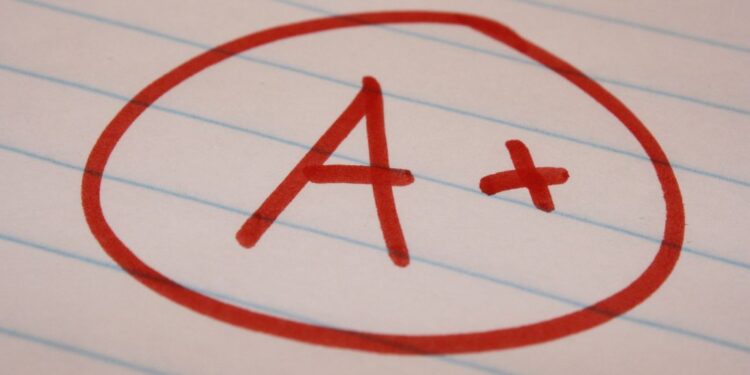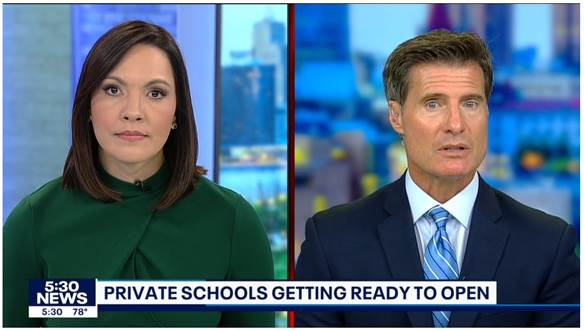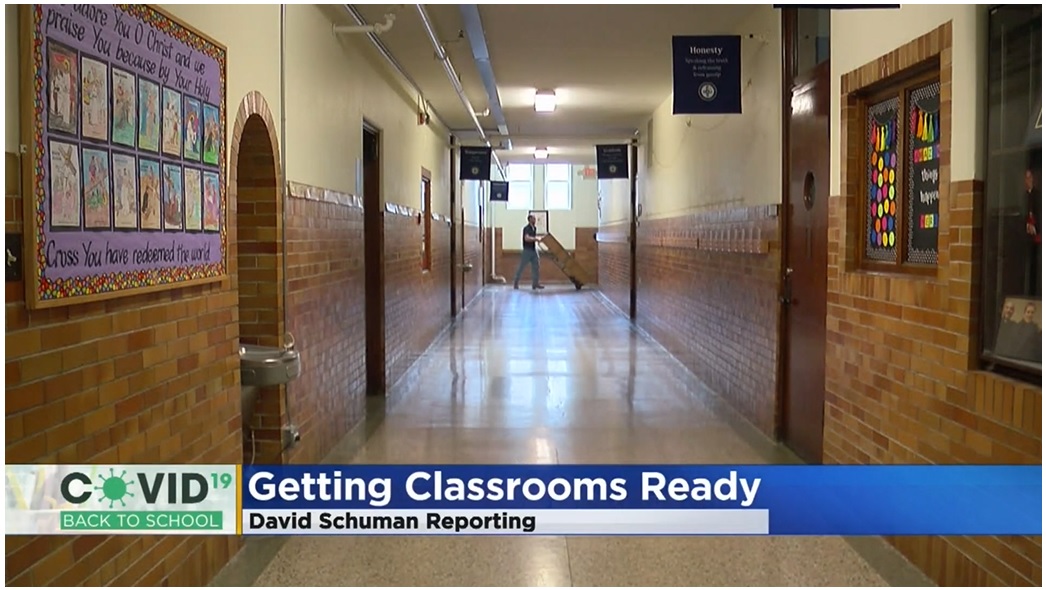Years ago at my college commencement ceremony, one of my guests commented on how few students were graduating with honors. One might view this as a bad sign, but my guest was quite pleased, for it showed that my alma mater was not padding the numbers with grade inflation–an “A” grade still required hard work.
Fast forward a number of years and I doubt the landscape would look the same at many colleges or high schools. In fact, it seems the “everyone gets a trophy” model is alive and well in school grading systems, so much so, that the smart kids are throwing their hands up and wondering why they even try.
Take a young woman named Ella, for example, featured in a recent article by Doug Lemov in the Fall 2023 issue of Education Next. An ambitious and highly-motivated student, Ella looked back with regret on all the hours she spent on academics as she realized that on paper, the grade inflation problem diminished her hard work, erasing much of the difference between her and other students:
Ella considers a lot of what she did a mistake. “I was so stupid. Every party I skipped, I should have gone,” she reflected. The kids who went to the parties didn’t do as well on tests and papers as she did but, she observed, “nobody knows that but me.”
Ella’s problem is perhaps best reflected in the chart below, which shows how GPAs have risen, even while ACT scores have declined.

While kids like Ella can justly feel upset about how their hard work has been diminished by the rise of the easy “A,” we should also extend sympathy to the kids on the other end of this grading spectrum. They are the ones who were told they were doing okay all through high school and had the grades to prove it. They are the ones who thought they were college-ready and we’re going to be the first in their families to enter the world of higher education. Sadly, they’ll be in for a rude awakening when they get there and realize their schools haven’t prepared them for the task ahead.
But it’s not only these students that suffer, it’s the American people as a whole. As Christopher Lasch explained over 40 years ago in The Culture of Narcissism:
Modern society has achieved unprecedented rates of formal literacy, but at the same time it has produced new forms of illiteracy. People increasingly find themselves unable to use language with ease and precision, to recall the basic facts of their country’s history, to make logical deductions, to understand any but the most rudimentary written texts, or even to grasp their constitutional rights. … Standards of teaching decline, the victims of poor teaching come to share the experts’ low opinion of their capacities, and the teaching profession complains of unteachable students.
In other words, the more we prop students up, convincing them that they are doing well, the harder they fall. Sadly, we as a country fall with them, for our public district schools lead us to believe that students are doing just fine, but then turn out citizens who haven’t the slightest clue about how our country was founded, nor how our representative government works.
How do we climb out of this hole where every student gets a trophy and an “A” grade whether or not they deserve it? We can start with expanding school choice to give parents more options. Because the more options parents have, the more they will examine what their students are learning. And the more they look into what students are learning in traditional schools, the more disconcerted they will become, wanting an education that challenges their students and doesn’t just make them another one of the herd.
—
Image Credit: Photos Public Domain











![[downloaded during free trial]](https://oakmn.org/wp-content/uploads/2025/11/iStock-1430368205-120x86.jpg)

